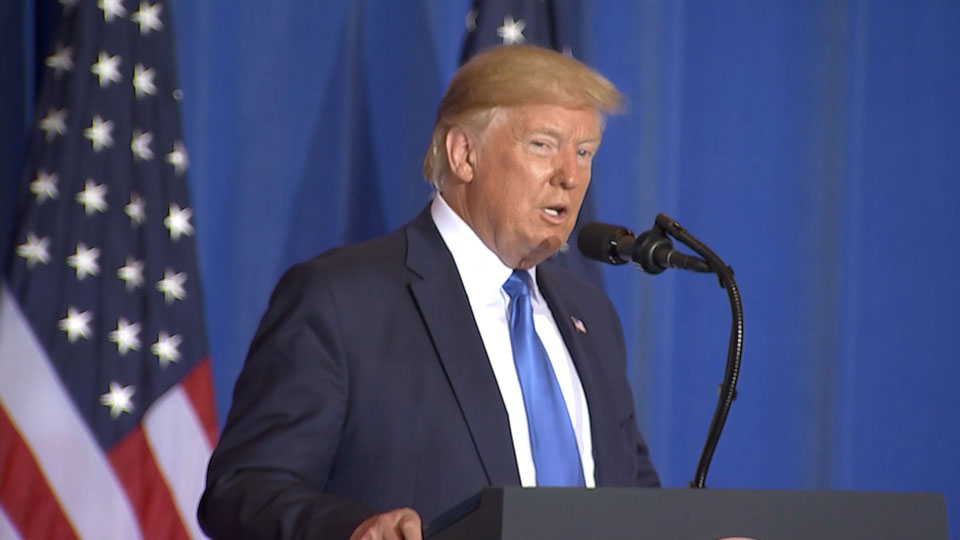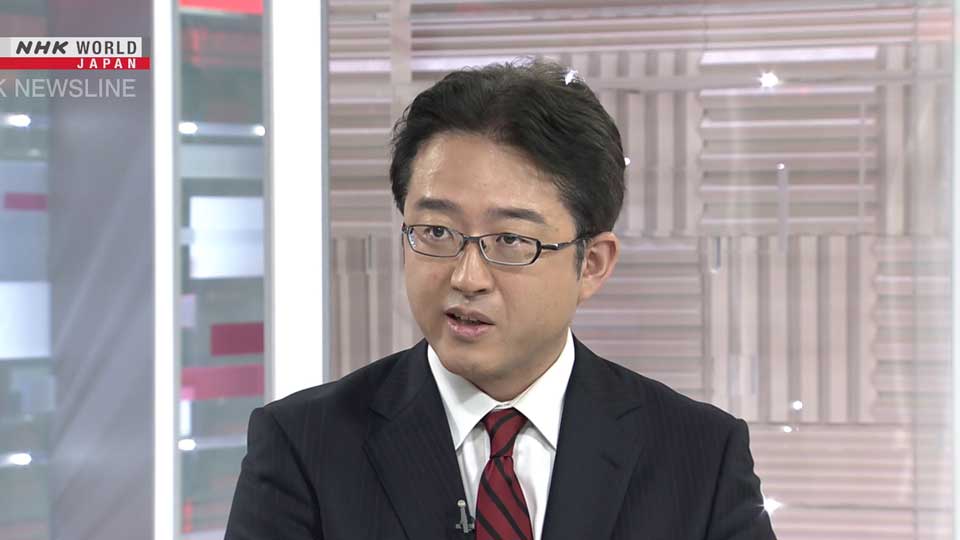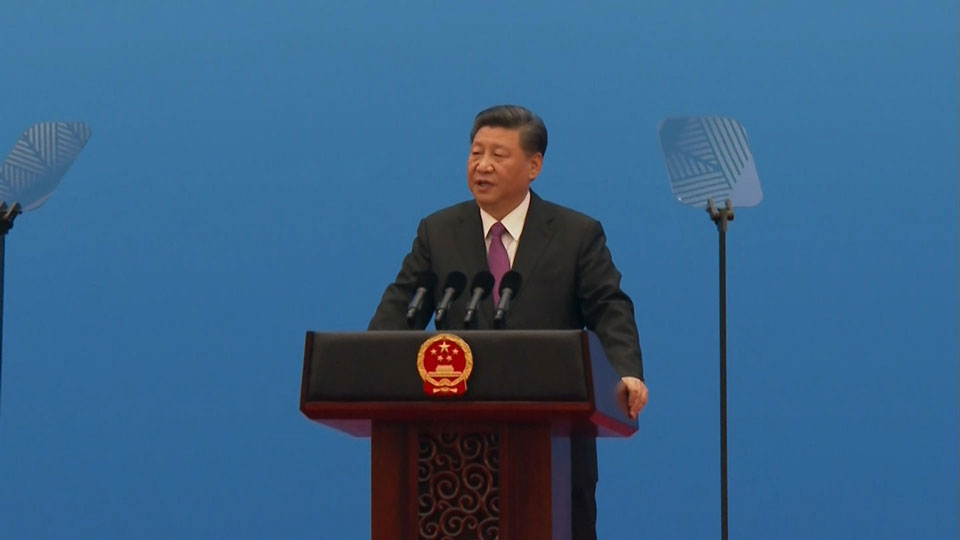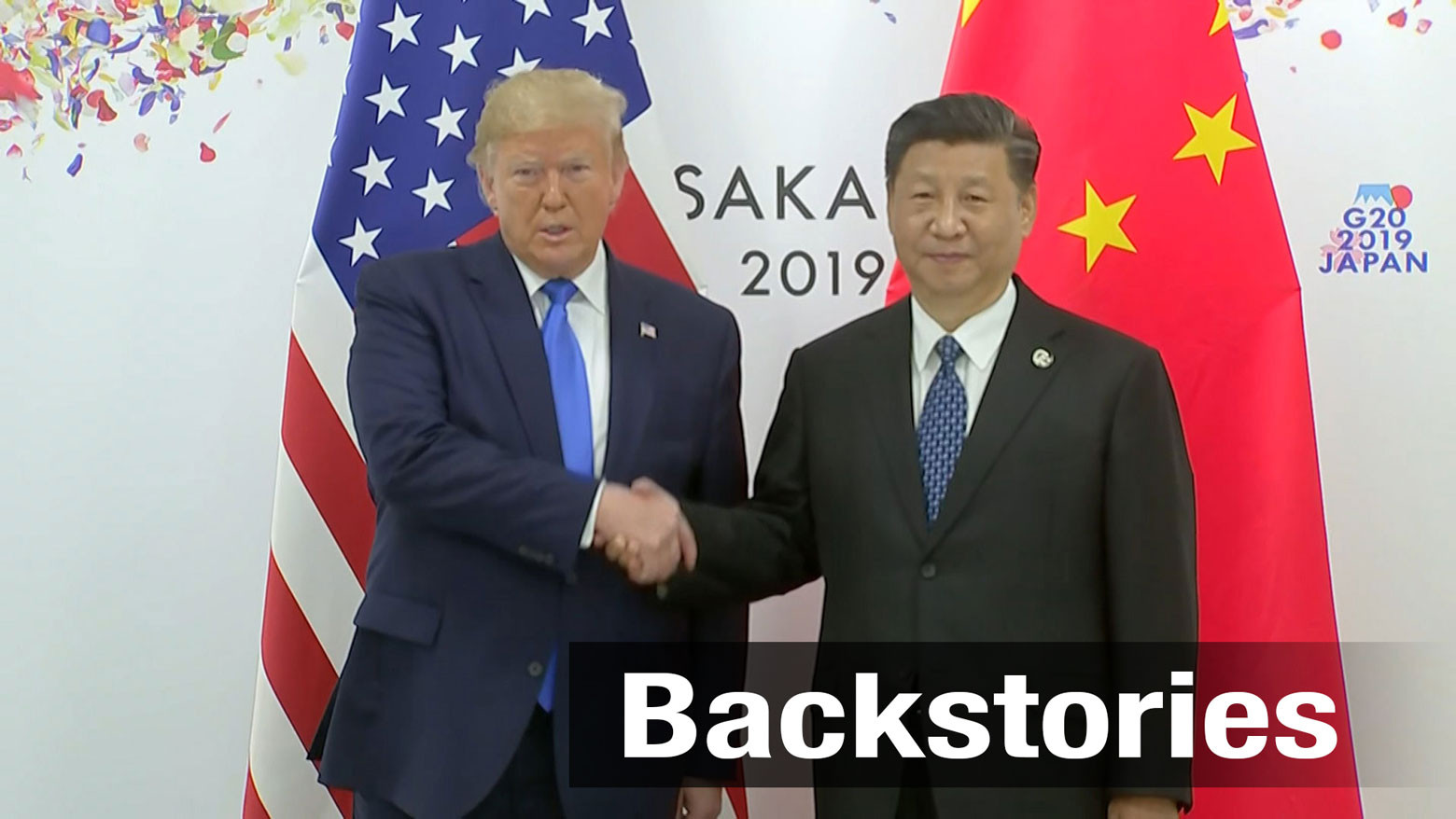Trump is in no hurry

On Sunday, Trump tweeted that his meeting with Chinese President Xi Jinping in Osaka, Japan, was "far greater than expected." But he emphasized that "the quality of transactions is far more important than speed" and that he is in no hurry. He also wrote that at the request of US tech companies, he agreed to allow Chinese company Huawei Technologies to buy products from them that do not impact US national security. But he did not reveal details.
National Economic Council chairman Larry Kudlow said on FOX News on Sunday that the talks with Beijing will take time and that there is no timetable for them.
Sticking points
One key sticking point is the removal of punitive tariffs imposed by the US. Washington says it will keep some in place even after a trade deal is reached to make sure China keeps its promises. But Beijing wants them scrapped immediately.
Another issue is China's subsidies. The US has long complained that Beijing grants excessive subsidies to state-owned businesses, giving them an unfair advantage in the global market. The Trump administration is demanding that the practice be reviewed. China says the subsidies are a domestic matter and are necessary to boost its economy.
The two sides also remain far apart on what US officials call "forced technology transfer." The US says American companies doing business in China are pressured to share their in-house technology and other trade secrets with Chinese firms. Beijing says the practice is based on mutual agreements between companies and that US accusations are groundless.
Possible outcomes
"The outcome of the summit is a big achievement for China and President Xi," says Ryo Sahashi, an expert on US-China relations at the University of Tokyo. He says the summit is a new chapter and a “pause” in the US-China trade war.

The US will continue to ask China to change its laws to provide assurance that Beijing will stop what Washington calls "unfair trade practices." That's because the US fears that the market-oriented economy may be defeated by state capitalism under China's Communist Party.
Many American politicians, government officials, and experts say that China is the biggest threat to the US, not only to the economy but also to the security of the country.
But with the presidential election approaching, Trump will be eager to make a deal with China. After the meeting, Trump stressed the importance of US farmers, who are his supporters, mentioning China will purchase more agriculture products from the US.
Trump also wants to prevent US share prices, which are referred to as his administration's score card, from declining, slowing the US economy. As a result, some experts say Trump may try to appeal to voters by compromising and pushing for a smaller deal in which Beijing purchases US products.

"China may continue its tactics to protect its free trade regime and to receive more sympathetic views on China from international society," Sahashi says, "While it sometimes intimidates American and western companies to put pressure on Washington."
Beijing may try to buy time and keep the resumed trade talks going while it observes the US political situation to wait for a better deal.


